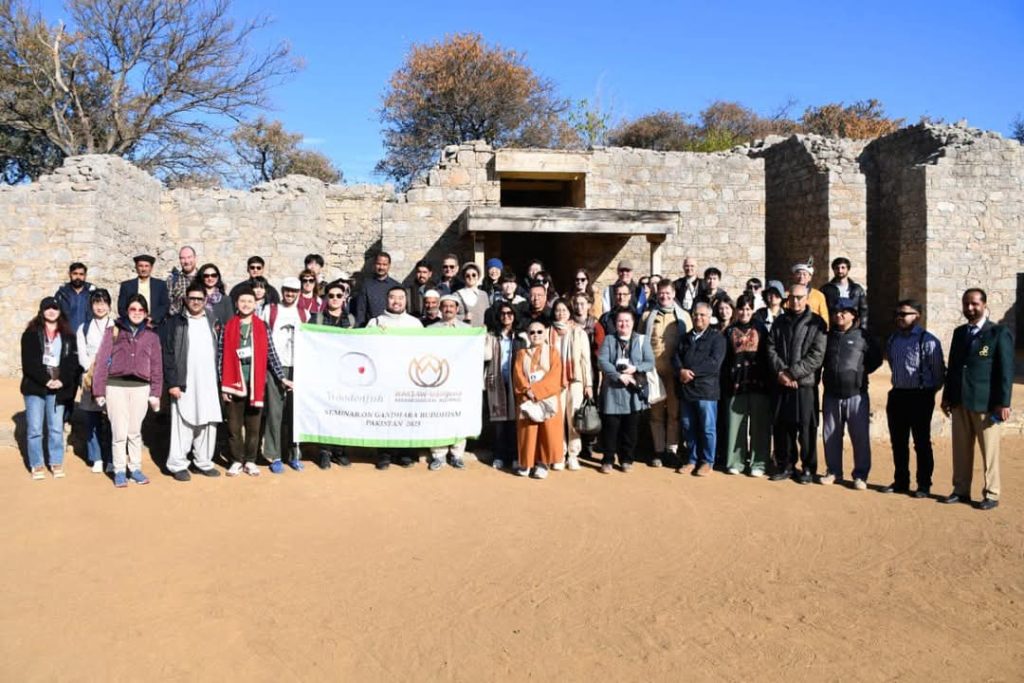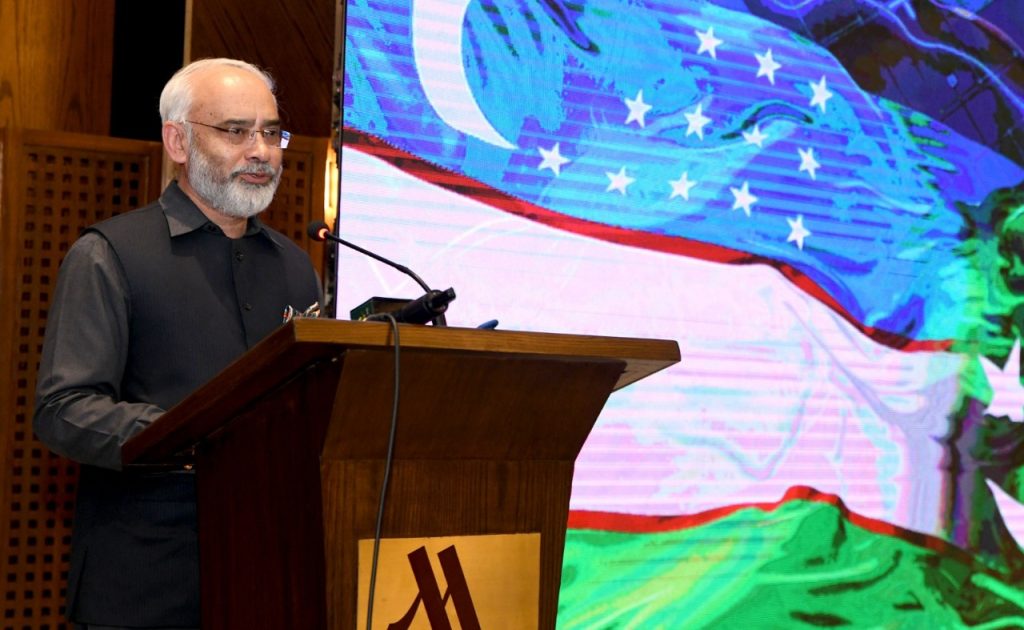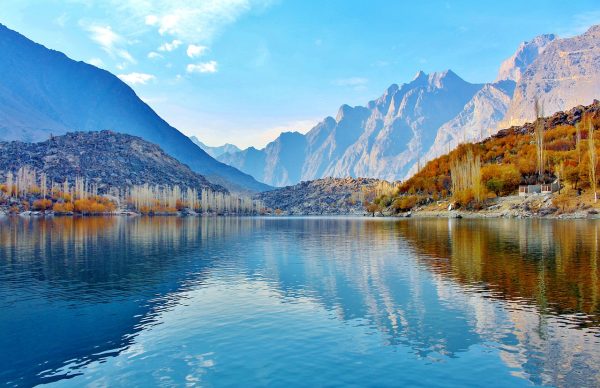Pakistan, with its diverse landscapes and rich natural resources, faces numerous environmental challenges. As a responsible member of the global community, the country recognizes the need to prioritize environmental protection to ensure a sustainable future. From tackling deforestation and water scarcity to addressing air pollution and climate change, Pakistan is actively engaged in initiatives aimed at safeguarding its environment. This article explores Pakistan’s perspective on environment protection and highlights key efforts undertaken to preserve nature and promote sustainable practices.
The country faces several environmental challenges that require immediate attention. Deforestation, mainly due to unsustainable logging practices and land conversion, poses a significant threat to the country’s forests and wildlife. Water scarcity is another pressing issue, exacerbated by climate change, population growth, and inefficient water management. Additionally, urban areas suffer from air pollution, affecting the health and well-being of the population.
Pakistan is highly vulnerable to the impacts of climate change, including rising temperatures, erratic rainfall patterns, and increased frequency of extreme weather events. Recognizing the urgency, the country has prioritized climate change mitigation and adaptation measures. Pakistan has committed to the Paris Agreement and aims to reduce its greenhouse gas emissions through sustainable energy projects, reforestation initiatives, and promoting clean technologies.
Preserving natural resources is crucial for Pakistan’s environmental sustainability. The government has implemented policies and programs to protect and restore ecosystems, including national parks and wildlife reserves. These initiatives aim to conserve biodiversity, protect endangered species, and promote sustainable land and water management practices. Efforts are also being made to curb illegal wildlife trafficking and protect fragile ecosystems like mangroves and wetlands.
Pakistan’s water resources are under strain due to population growth, climate change, and inefficient water management practices. To address this, the government has launched water conservation campaigns, invested in water infrastructure projects, and promoted efficient irrigation techniques. Initiatives such as building dams and rainwater harvesting systems aim to enhance water availability and reduce the impact of water scarcity on agriculture and livelihoods.
Recognizing the importance of transitioning towards cleaner and renewable energy sources, Pakistan has made significant strides in promoting sustainable development. The country has invested in solar and wind energy projects, aiming to reduce dependence on fossil fuels and promote a low-carbon economy. These initiatives not only contribute to climate change mitigation but also provide economic opportunities and energy access to remote areas.
Environmental protection cannot be achieved without the active participation of communities and raising public awareness. Pakistan emphasizes community engagement through environmental education, awareness campaigns, and capacity building programs. By empowering local communities, the country fosters a sense of ownership and responsibility towards environmental conservation.
Pakistan recognizes the critical importance of environmental protection and is committed to addressing the challenges it faces. From climate change mitigation and adaptation to the conservation of natural resources and promotion of sustainable development, the country is taking significant steps to preserve its environment. Collaboration among government, civil society, and communities is vital to achieving long-term environmental sustainability. By adopting innovative approaches, investing in renewable energy, implementing effective policies, and promoting public awareness, Pakistan strives to create a greener and more sustainable future for its people and the planet as a whole.










